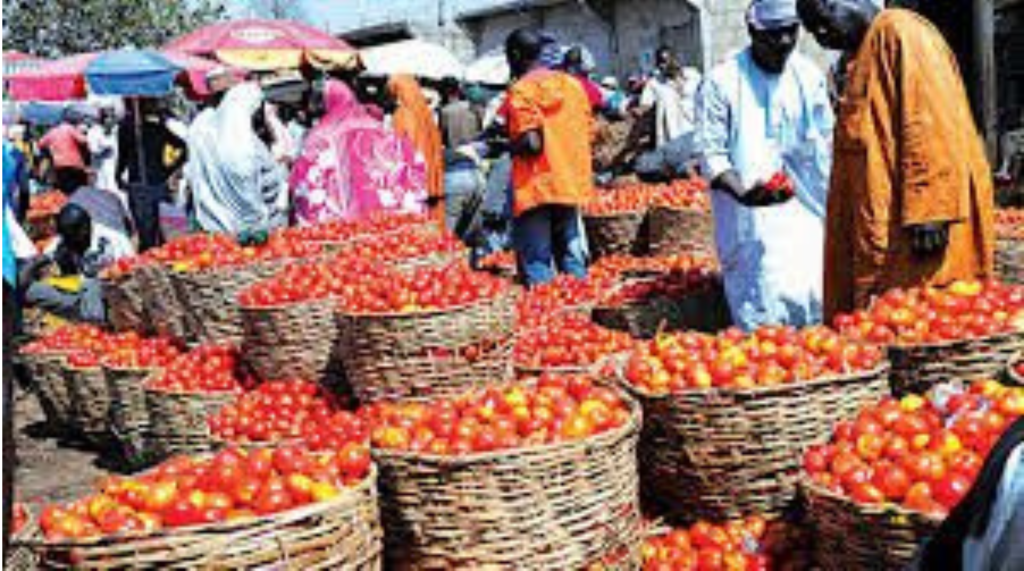The ongoing inflation crisis in Nigeria has been profoundly impacted by the agricultural sector, which faces several challenges that threaten food security and affordability. As food prices continue to rise, the need for comprehensive strategies to stabilize agricultural production and ensure food access has become increasingly urgent.
Experts point out that the persistent inflation in food prices is closely linked to various factors, including rising production costs, supply chain disruptions, and climate-related issues. These challenges have made it difficult for farmers to meet the growing demand for food, further exacerbating the situation.
The Nigerian government has recognized the critical role of agriculture in mitigating inflation and ensuring food security. Proposed measures include enhancing agricultural productivity through improved farming techniques, better access to credit, and investment in infrastructure to facilitate the movement of goods from farms to markets.
Additionally, experts emphasize the importance of diversifying agricultural production to reduce reliance on a few staple crops. This diversification can help stabilize prices and create a more resilient food system capable of withstanding external shocks.
Stakeholders are also calling for greater collaboration between the government and private sector to address the challenges facing the agricultural sector. This includes fostering partnerships that can drive innovation and support smallholder farmers, who play a vital role in food production.
As inflation continues to pose a significant threat to the economy, the need for immediate and effective solutions in the agricultural sector remains critical. Without proactive measures, the country risks facing increased food insecurity and higher poverty rates.




















